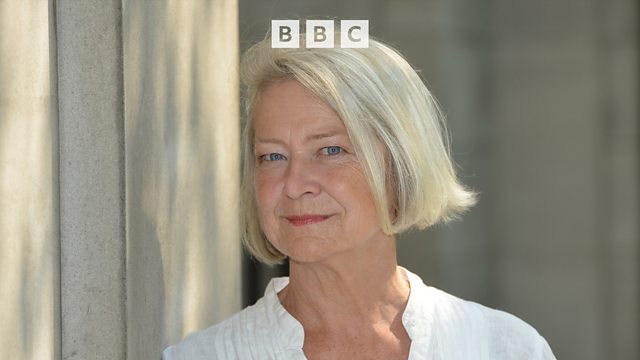Madagascar: The Threat of Starvation
The threat of famine in Madagascar, the guards who drove refugees out of Poland, and a Honduran President fearing extradition, plus Covid in New York and some unusual souvenirs.
Madagascar is the second largest island nation in the world, yet quietly, largely unreported, its people are falling into starvation. 1.3 million are already suffering what’s called “severe food insecurity,” with the United Nations warning of worse to come. The World Food Programme says climate change is at the root of the problem, while others blame poverty and government mismanagement. Catherine Byaruhanga visited the stricken villages.
They are still finding dead bodies on the borderland between Poland and Belarus, a few of the thousands who tried to cross over, most of them originally from the Middle East. Poland was accused of breaking international law when it refused to let them in. and at least a dozen died from hypothermia while trapped between the two countries. Lucy Ash has found that the crisis also left some of the border guards themselves suffering psychological damage, from what proved to be a traumatic experience.
It is never great to lose an election, particularly if you happen to be in power at the time. However, the President of Honduras faces a more serious reversal of fortune than most politicians. Juan Orlando Hernandez was not actually on the ballot paper, but one of his political allies was, and he lost. This means not only will Mr Hernandez leave the Presidential Palace, he may also be extradited to the United States on drugs charges, as he no longer enjoys the protection of public office. Meanwhile the woman who won the election is promising a fresh start for the country, prompting wild celebrations, which Will Grant was there to see.
Keeping children safe from Covid has been a major challenge throughout the pandemic, but that does not just mean protecting them from the disease itself; relatively few get seriously ill from the Coronavirus. The question for many has been how to keep children's lives as normal as possible - continuing their education, and bringing them up in an era where parents are at home instead of going out to work, where people wear masks, and many are dying. Laura Trevelyan has three children who she’s raising in New York, and has been looking at the pandemic's effect on them and their fellow junior New Yorkers.
Plenty of people have pointless items stuck in an attic, or at the back of a cupboard, things they know deep down they will never use, and rarely even look at, yet somehow cannot throw away. Colin Freeman has spent the past couple of decades working as a foreign correspondent, and those years of roaming the globe have left him with some highly unusual keepsakes.
Podcast
-
![]()
From Our Own Correspondent
Insight, wit and analysis as ����ý correspondents tell stories beyond the news headlines.


